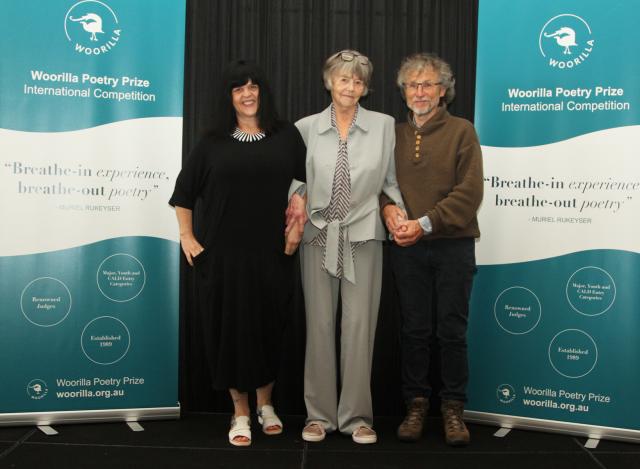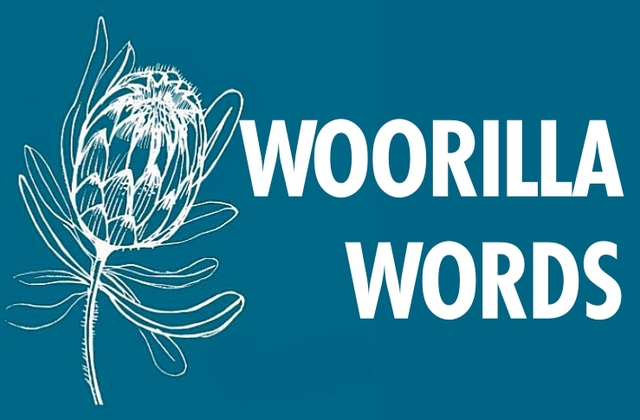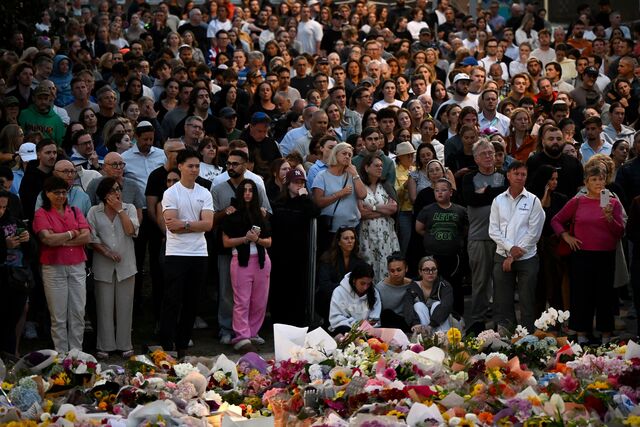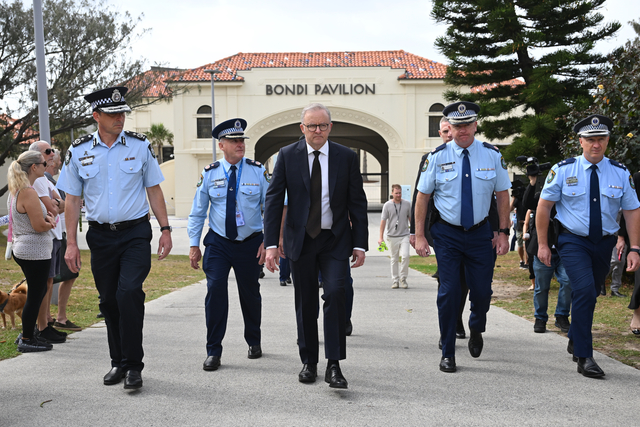Thanks to The Star Mail, this reviewer recently connected with Maria Millers, founder of the Woorilla Poetry Prize.
Maria was born in Harbin, a city in far Northeast China, in 1937.
Her father was a British journalist, while her mother came from a family of Russian intellectuals well versed in philosophy, history and literature. Maria arrived in Australia as a baby.
“My family prized education above all. Poetry was central to any gathering, and I remember having to recite a very long poem by Nikolay Nekrasov when I was quite young,” Maria said.
“I, however, am not a poet. I’ve been a teacher and a radio journalist and have always engaged with socio/political issues,” she said.
Back in the late 70s and 80s, Maria hosted gatherings at her home Woorilla in Ferny Creek, attended by fellow writers, poets and travellers.
“The Hills were home to some wonderful creatives: Poets like Stella Turner, Maria Louise Stephens, Dorothy Williams and Wilma Birtles. Graphic designer Bert Birtles, intellectuals Arthur and Margaret Howells and Louise Rockne. And my biggest support, my late husband, Igor Millers,” Maria said.
Then the idea of a literary magazine was born.
“There was a small seeding grant from the old Sherbrooke Shire, but, after that, we had to survive on sales and advertising. The editing layout and graphics were done in group, as well as distribution and sales,” Maria said.
“The Woorilla Poetry Prize began [when] we noted the volume of poetry submissions. In 1989, I approached Parks Victoria for support. They came on board with $1000 prize money and the use of the beautiful Pirianda Gardens to hold the awarding ceremony.”
The inaugural judge was renowned academic and poet Judith Rodriguez, who supported the prize until her death in 2018.
Another memorable figure was Louise Rockne, publisher of the poetry journal Prints, who co-managed the prize until her death in 2019. There’s also Kathy Alexander, who worked tirelessly in organising everything as well as contributing observational pieces.
Today, the prize features an open section, a youth section, and a CALD youth section for poets aged 12-18 who have spoken English for 5 years or less.
“Poetry should be regarded as mainstream as it was in the past. More and more poets are writing poetry that speaks to people’s daily concerns and in an accessible language. The popularity of taking poetry off the page and onto young people’s screens is seen in the growing number of Slam poetry events,” Maria said.
“From my experience with the youth entries, young people are writing the most compelling poetry about issues that matter to them and their futures.”
In her column Woorilla Words, Maria demonstrates poetry can be all about our concerns and interests.
“By its form of conciseness, it’s the genre most suited to today’s time-poor people,” she said.
“Poetry collections that explore subjects from caring for a parent with a life-limiting disease to prejudice towards immigrants and the Indigenous are now winning major prizes. Poetry can tackle current issues, often in a powerful and affecting way,” she said.







